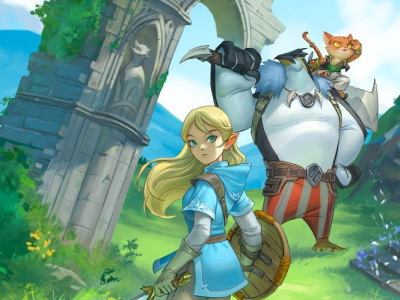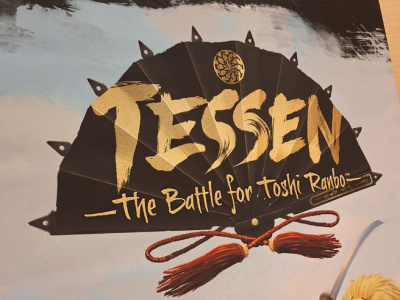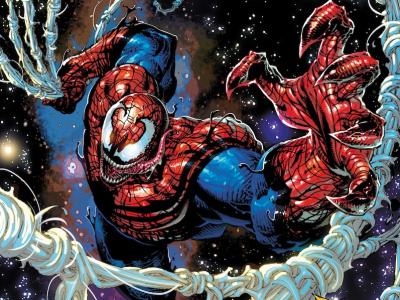Both Publishers Weekly and the New York Times are reporting that Barnes & Noble, the nation's largest bookselling chain, is working hard behind the scenes to get a better deal from publishers. Wall St. is reportedly pressuring Barnes & Noble to forge a new, more profitable relationship with publishers, and B&N chairman Leonard Riggio was quoted in the New York Times as saying that his company was ready 'to take decisive actions' to 'persuade our suppliers to be fair to us.' Because of a lawsuit instigated by independent bookstores, Riggio claims that the mega-chains had not even been able to discuss pricing and terms with publishers for the past seven years. In April of this year, however, Barnes & Noble settled the lawsuit (see 'Booksellers Settle Lawsuits With Chains') on very favorable terms that left in place the 'marketing allowances' and other considerations that the chains had managed to wring out of publishers to give themselves an advantage over independent booksellers.
But in the months since the settlement, Barnes & Noble has apparently not been able to squeeze any further concessions from book publishers, who are reeling from a major downturn in the sales of popular fiction potboilers and a general softness in book sales. In a conference call with Wall St. analysts, Riggio tried out several lines of argument that he promised to bring up in 'substantive negotiations' with publishers. One tack that Barnes & Noble seems ready to take involves securing 'distributor' level discounts for the chain since it 'distributes' to its many outlets. In a second line of reasoning, Riggio pointed out that certain 'marginal' outlets for books (such as Home Depot) receive a better deal from publishers than real bookstores, which make the majority of book sales in this country. A third, related argument centered on Wal-Mart and other mega-retailers who just carry the very best selling titles. Riggio wants a better deal because his stores carry the entirety of most publishers' lines, and have a much lower rate of return than do the mass merchandisers.
Will Barnes & Noble be successful in its quest for a better deal? Book publishers certainly want to hang on to every cent they are currently making, which doesn't bode well for B&N's efforts, but there is no denying that the mega-chain does have power and influence. If Riggio can bust just one major publisher for a better deal, he can then favor that company's books with better placement and promotion until the other publishers fall into line. Since for the most part each publisher's line is copyrighted intellectual property, Barnes & Noble can't shut out a major publisher without losing its 'superstore' status, but the chain can definitely choose to promote titles on which it makes more money over those on which it receives fewer incentives.
If Barnes & Noble is successful in securing a better deal from publishers, how will it affect independent retailers? Of course this depends on what kind of a deal that B&N gets and the basis for the B&N's new agreement. If a new deal is based on a low rate of return, it is possible that some larger pop culture retailers, who are used to dealing with no return privileges at all, may be able to secure a better deal for themselves (though volume requirements may make this difficult). A related line of attack that may be available to pop culture retailers is the 'full line vs. marginal account' approach. There are significant parallels between book publishers selling a part of their lines to Home Depot and Marvel selling selected titles to Walmart, or WotC selling its best-selling CCGs to specialty retail chains. In all three cases, the publisher may be selling part of its line at a price or terms of sale that are substantially better than a full line of products is sold to a store that is its main channel of distribution. The basic question comes down to, 'Should a publisher give a new customer a better deal than it gives its core customers?' Now that a major force like B&N has come down on the side of the 'core customer,' perhaps there's more of a chance for the core customers of comic and game companies to get a favorable hearing. On the other hand, it may all come down to 'size matters,' and the fragmented pop culture store market does not have the single voices that carry the weight of a chain like B&N.







